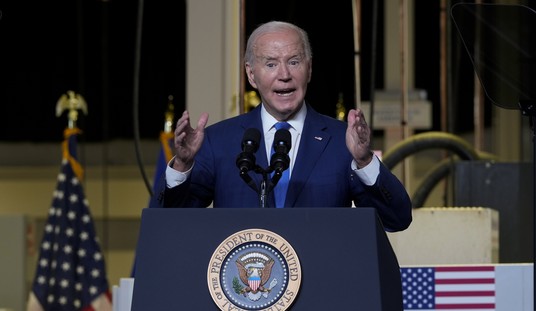In today's Washington Post, Larry Summers expresses "relief" and "cynicism" over the bipartisan debt deal signed into law by his former boss on Tuesday. He also offers a decidedly grim economic forecast for the coming year -- a projection that won't sit well with Obama's re-election campaign:
On the current policy path, it would be surprising if growth were rapid enough to reduce unemployment even to 8.5 percent by the end of 2012. A substantial withdrawal of fiscal stimulus will occur when the payroll tax cuts expire at the end of the year. With growth at less than 1 percent in the first half of this year, the economy is effectively at a stall and facing the prospects of shocks from a European financial crisis that is decidedly not under control, spikes in oil prices and declines in business and household confidence. The indicators suggest that the economy has at least a 1-in-3 chance of falling back into recession if nothing new is done to raise demand and spur growth.
High unemployment, anemic growth, and a strong possibility of a double-dip? Fun! How can Obama save us? Summers has a few novel ideas:
First, the single largest and easiest method of deficit reduction available is the non-extension of the Bush tax cuts for upper incomes. President Obama should make clear that he will not accept their extension on any terms. Clarity on that trillion-dollar point, along with very modest entitlement reform, will be sufficient to hit current targets for deficit reduction. Second, it is essential that the payroll tax cut be extended and that further measures, such as infrastructure maintenance and extension of unemployment insurance, be taken to spur demand. There is still time to confirm Churchill’s maxim that the United States always does the right thing after exhausting all the alternatives.
Recommended
Higher taxes on small businesses and the rich, meaningless entitlement reform window-dressing, more expenditures on stimulus-style projects, and the extension of unemployment benefits beyond the existing eligibility window of nearly two years -- already a US record. Who's excited? I'll leave you with this paragraph from Summers' piece, the first sentence of which will be music to conservative debt deal opponents' ears. The rest...maybe not so much:
Despite claims of spending reductions in the range of $1 trillion, the agreements reached so far are likely to have little impact on actual spending over the next decade. The deal confirms the very low levels of spending already negotiated for 2011 and 2012 and caps 2013 spending about where most would have expected this Congress to end up.
In 2011 and 2012, the US federal government will spend approximately $7.5 Trillion, of which roughly 40 percent is borrowed money. Both of these figures are unprecedented in the history of this nation. I'm no Harvard economist, but I would love to know in what sense this constitutes "very low levels" of spending. To these lowly, untrained eyes, these numbers seem a lot more like "record levels of unpaid-for spending." Help me out here, Larry.

























Join the conversation as a VIP Member